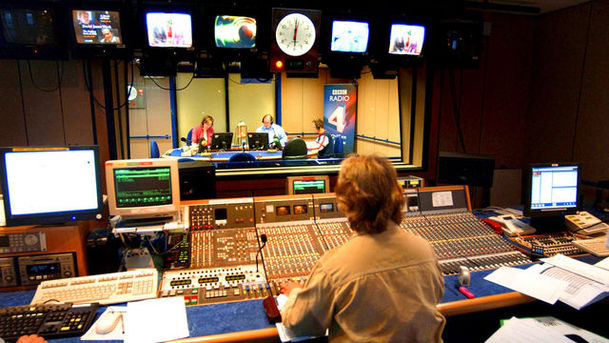Today - 22/07/2009

Presented by Sarah Montague and Edward Stourton. Economist Simon Kirby considers research that predicts heavy cuts in spending in addition to a rise in taxes over the following four years, to mitigate the significant debt. Amnesty International UK Campaigns Director Tim Hancock explains why a report describes Saudi Arabia's human rights record as 'shocking' and 'dire'. Lord Jopling discusses whether piracy and money laundering are financing terrorism. Barrister Sheikh Faiz-Ul-Aqtab Siddiqi and Dr Denis MacEoin, a former lecturer in Islamic studies, discuss why someone who does not belong to a particular religion would choose to use a service which uses that faith's law. Iraqi Prime Minister Nouri al-Maliki is beginning a four-day visit to the US. Gabriel Gatehouse reports from Baghdad on what the talks are likely to focus on. Dr John Nagl discusses what the relationship is like between the US and Iraq. Sanjoy Majumder reports on the longest total solar eclipse of the century. Thought for the day with The Right Reverend James Jones, Bishop of Liverpool. Chief Executive of the League Against Cruel Sports Douglas Batchelor and Tim Bonner of the Countryside Alliance discuss whether the law to ban foxhunting should be changed. Dr Laleh Khalili discusses whether the protests in Iran will eventually die down. Professor Michael Clarke, director of the Royal United Services Institute, discusses the significance of helicopters to military operations in Afghanistan. Tony Pilson, who for 30 years has been searching for treasure along the banks of the Thames, takes Ed Stourton out to the river to explain the story of how the artefacts were collected. Headteacher Len Holman and Shami Chakrabarti of Liberty discuss whether it is right for schools to use technology to monitor students. Keith Bristow, of ACPO, discusses the Home Office figures which show that although the total number of knife crime offences has fallen, the number of deaths has risen slightly. Pakistan has been hit by a wave of protests against a severe shortage of electricity. International development correspondent David Loyn reports.